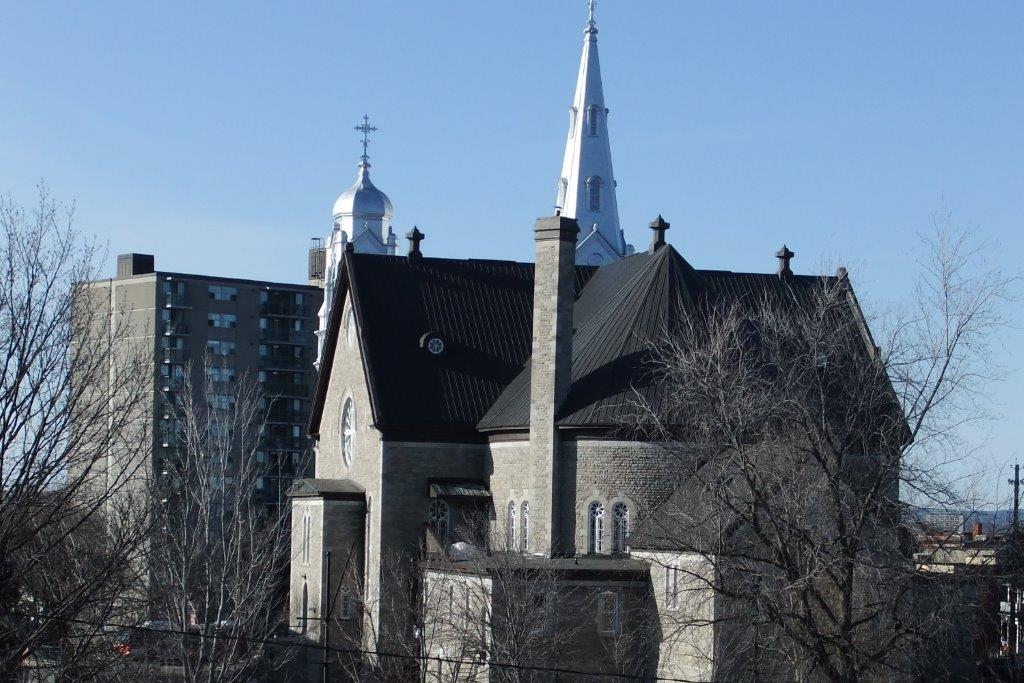Like this article? rabble is reader-supported journalism. Chip in to keep stories like these coming.
The current debate surrounding Bill C-14 — the legislation regarding medical assistance in dying — is a reminder of how Canada has become a more secular society in which organized religion plays a diminished role in public life.
My own parents, both in their 50s, died within 16 months of one another in the 1970s. During their ordeals in our rural Saskatchewan community, there was never any mention of assistance in dying and no possibility of their choosing such a path even if they had wished it so. We didn’t even have the language to describe it.
There had, of course, been suicides in our predominantly Catholic community and they were considered a grievous sin equivalent to murder. We were told that, ultimately, our lives didn’t belong to us but rather to God, and that it was God who chose when and how those lives would end.
Sue Rodriguez sought assisted suicide
Fifteen years later, such concepts were challenged by Sue Rodriguez, who believed that her life did, indeed, belong to her. She was diagnosed with Lou Gehrig’s disease and fought to have the legal right to assisted suicide. Her case then went to the Supreme Court, where she argued that a ban on assisted suicide was an infringement of her Charter rights to life, liberty and security of the person.
Meanwhile, religious leaders — including the Canadian Conference of Catholic Bishops and the Evangelical Fellowship of Canada (EFC) — appeared as intervenors before the court in opposing Rodriguez. This marked the beginning of an informal alliance between bishops and evangelicals which has continued on other public issues, including legal opposition to same-sex marriage.
Rodriguez eventually lost in a 5-4 judgment and, in 1994, she took her own life with the help of an anonymous physician.
But fast forward to 2011, when the B.C. Civil Liberties Association went to the Supreme Court on behalf of two other gravely ill women, once again challenging the law against assistance in dying. That time, the court ruled that the Criminal Code prohibition was unconstitutional because it breached the same provision of the charter that Rodriguez had challenged more than 20 years earlier. In 2015, the court then instructed parliament to draft new legislation allowing medical assistance in dying in certain limited circumstances — something that’s now being debated.
Civil society on C-14
The Canadian Medical Association (CMA), which represents 83,000 physicians, has come out in support of Bill C-14. The Canadian Psychiatric Association and the Canadian Association for Community Living were more cautious, although not opposed to the bill. The B.C. Civil Liberties Association, which launched the challenge at the Supreme Court, is keenly disappointed that the provisions for medically assisted death are, in its estimation, too restrictive.
Response from faith-based organizations
And once more, the most vociferous opposition has come from the Catholic-Evangelical leadership and a number of allied groups. A news conference on Parliament Hill organized by the EFC and Catholic bishops also included representatives from the Canadian Council of Imams, the Salvation Army and a local rabbi.
Curiously, neither the United Church nor the Anglicans, Canada’s largest Protestant denominations, have released an official position on Bill C-14. The Anglicans have set up a task force and the United Church says it is developing a statement.
Religious leaders no longer talk, at least publicly, about our lives belonging to God. They do, however, talk about medical assistance in dying as “intentional killing,” and as being morally and ethically wrong. Catholic leaders warn that their many hospitals will not participate in any such procedures and will not make referrals to other physicians on behalf of terminally ill patients who request it. One wonders how they can do so when most of their funding comes from governments.
A diminished role
Indeed, times have changed. Religious leaders used to meet with the entire federal cabinet. Today, churches and religiously based organizations are merely a few among many mature and competent voices, such as the CMA, debating public policy. The contributions from faith-based organizations are valuable but no longer prescriptive.
This piece appeared in somewhat shorter form on my blog with the United Church Observer on April 28, 2016.
Like this article? rabble is reader-supported journalism. Chip in to keep stories like these coming.



